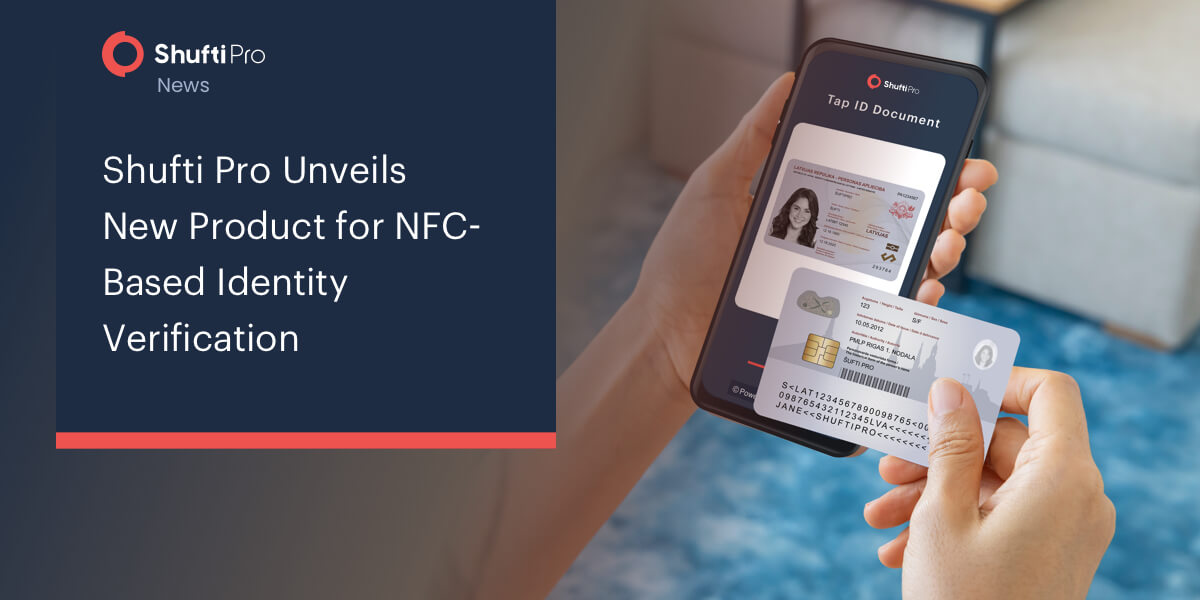
ICR Services are the New Trendsetter in Reliable Business Operations
Enterprises these days are adopting smart solutions to survive the fierce market competition and develop a loyal customer base. The constant influx of online users has created room for companies to bank on technology trends like big data analytics and AI-powered solutions. Intelligent Character Recognition (ICR) is one such advancement that is allowing business entities to automate data entry during customer onboarding procedures.
ICR services can read handwritten consent and user ID documents with complex fonts and formats that are a good bet when it comes to identity verification and due diligence of a business’ clients.
ICR Technology & Its Traditional Counterpart
You must have heard about the old-school Optical Character Recognition that uses light beams to scan text printed on a piece of paper and transform it into a digitally presentable form. Well, ICR technology uses the same principle but with one more addition, artificial intelligence. The smart models work on machine learning techniques that can learn new forms of documents that come with handwritten and complex input data. Below is a comparison of OCR and ICR services:
- OCR incorporates a wide array of technology, one of which is a subset called ICR
- ICR technology was developed to originally understand and extract text in cursive handwriting while OCR focuses primarily on printed textual data
- ICR services support multilingual as well as complex and not-so-common text styles and document formats while OCR is limited in its ability
- ICR is an intelligent technology that is laser-focused on details on a document while OCR lacks such features
ICR Services and Artificial Intelligence
Unlike the traditional Optical Character Recognition (OCR) engine that can understand limited text formats and styles, the AI-backed OCR - Intelligent Character Recognition - comes with a wide array of capabilities and features including accurate data perception, quick extraction, and the ability to understand the handwritten text and convert it into digitized form. The inclusion of artificial intelligence in these services is bringing a new wave of innovation in document retrieval systems. Digital PDFs stored over cloud storage can be easily accessed by businesses and their customers.
 ICR services self-learn over time which means that they keep getting better over time. The more the number of documents they process each day the better the accuracy and learning rate. When a different document is displayed to the ICR service that it has not seen before, it takes into consideration its important fields and creates a new template against it so that future data extraction becomes streamlined.
ICR services self-learn over time which means that they keep getting better over time. The more the number of documents they process each day the better the accuracy and learning rate. When a different document is displayed to the ICR service that it has not seen before, it takes into consideration its important fields and creates a new template against it so that future data extraction becomes streamlined.
A Banking Use Case of ICR Services
ICR services are built around reliable and efficient extraction of data from user documents. The purpose is to provide business entities with structured, manageable, and easy-to-process information. Here is how a banking firm utilizes Intelligent Character Recognition in its daily operations during customer onboarding:
-
The ICR services integrated with the mobile banking app request the user to scan a genuine document issued by the government (a passport, driving license, or national/official ID). The end-user is also prompted to submit a selfie of their face that acts as a biometric proof used for identity verification.
- The ICR service analyzes the document for possible modification to guarantee the document authenticity. Once the document originality is confirmed, user details like the name, date of birth, and addresses are extracted from the ID document that is verified against the details provided by the user in the first place through an online form.
- Some banks may ask their customer to take part in a digital KYC (Know Your Customer) procedure that takes into account handwritten consent from the user. The consent written on a piece of paper may look something like, “I wish to open an account in XYZ bank”. This consent data is scanned by the ICR solution that authenticates the user and their intent towards account opening.
- Once the customer onboarding solution of the bank has acquired all essential data required to carry out user verification, they are authenticated against different parameters and the results are shared via. the banking app with the end-user.
Click Here To See More












